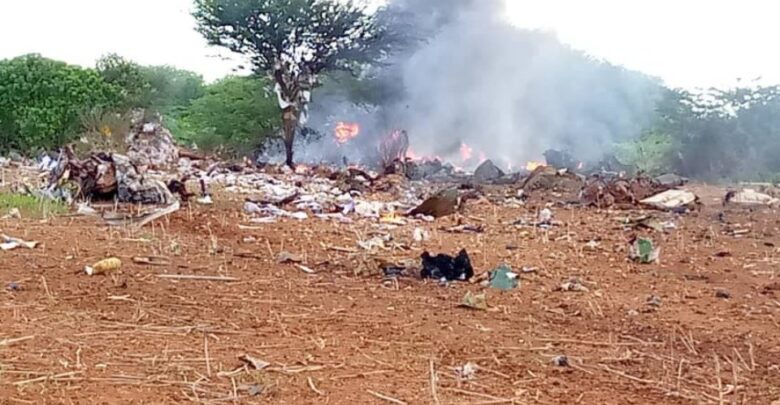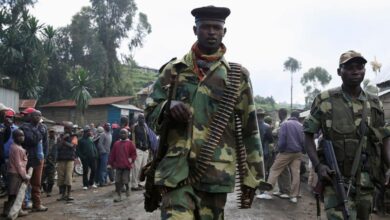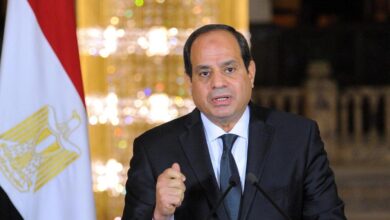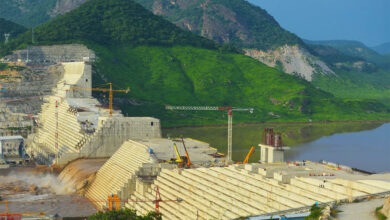
The Sudanese army on Tuesday launched a large-scale attack on the Ethiopian troops deployed in the disputed border area of Al Fashaga.
According to the Sudan Tribune, the Sudanese army recaptured Kala-Leban and Barkhat settlements and Tesfai Adawi Hills in the Fashaga. He further added that the Sudanese army captured dozens of Ethiopian troops.
The attack took place after the Sudanese military accused Ethiopian forces of killing seven captured soldiers and one civilian on June 22. Images claimed to be the bodies of the slain soldiers were also circulated online.
The deaths have sparked military, political and diplomatic escalation between the two countries, with Ethiopia denying it was responsible for the killings and blaming the killings on a local militia. The Ethiopian government has accused Sudan of cooperating with the Tigray People’s Liberation Front (TPLF), which has been fighting with the Ethiopian government led by Prime Minister Abiy Ahmed since November 2020.
The Sudanese government sources said Khartoum had filed a formal complaint with the United Nations Security Council (UNSC) over the killing of seven Sudanese soldiers and a citizen held as captives. It has also recalled its ambassador to Ethiopia and summoned Ethiopia’s ambassador to Khartoum to condemn the killing.
Tensions between Sudan and Ethiopia have escalated in recent years due to a spill over of the conflict in Ethiopia’s northern Tigray region and Ethiopia’s construction of the Grand Ethiopian Renaissance Dam (GERD) on the Blue Nile.
Tens of thousands of refugees have fled into eastern Sudan, and there have been frequent military clashes in an area of contested farmland along the border between Sudan and Ethiopia.
The two countries have also been locked in a dispute over the 260-square-kilometer border area of al-Fashqa, a patch of fertile agricultural borderland from which Khartoum expelled thousands of Ethiopian farmers in mid-December 2020.






